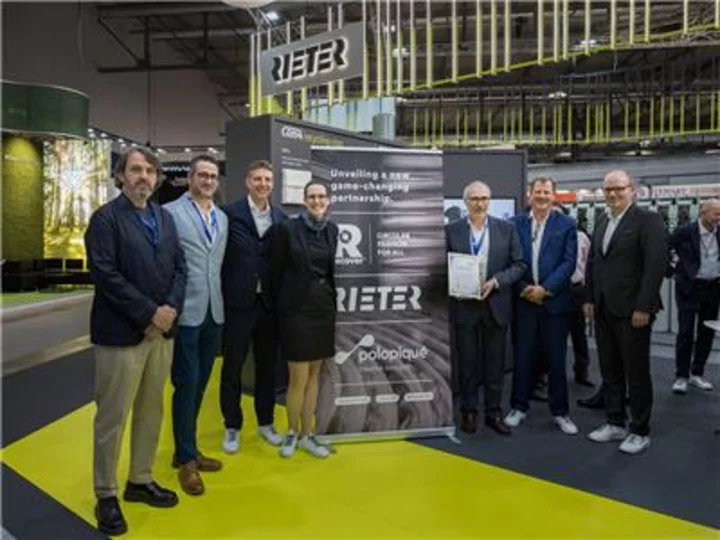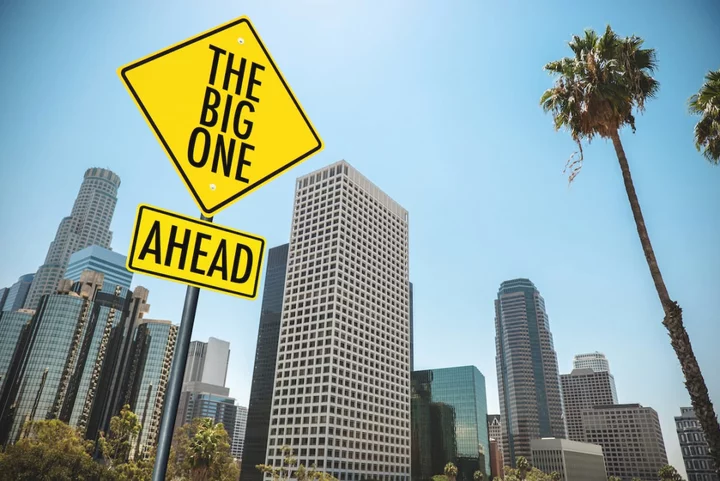Small-scale solar projects and afforestation are being considered as sectors to generate new emissions reduction credits under a revival of China’s stalled offsets market, according to people familiar with the details.
The issuance of new China Certified Emissions Reduction credits, or CCERs — which are intended to reward activities that help avoid or remove the release of greenhouse gases — halted in 2017 to prevent the creation of a supply surplus.
Utility-scale renewable energy projects are expected to be excluded from generating new credits, with officials focused on using the system to help bolster the viability of smaller projects or new sectors, according to the people, who asked not to be named as the details are private.
China’s Ministry of Ecology and Environment didn’t immediately respond to a request for comment. The ministry released some details last week on plans for a resumption in trading of CCERs, without specifying when the market will restart.
Trading in offsets and also in a national market for emissions permits has so far underwhelmed in China, with major polluters put under little pressure to accelerate efforts to limit their climate impact. Use of CCERs is intended to spur investment in activities that can help China achieve President Xi Jinping’s goal of peaking emissions before 2030 and hitting net zero by 2060.
Read More: China’s Rooftops Are Becoming the Key to the World’s Solar Boom
The CCER issuance system will reopen to a small number of project types this year, including rooftop solar systems smaller than 6 megawatts, the people said. Officials are examining offshore wind, biogas, methane emissions reductions and work to improve the energy efficiency of buildings for credit issuance in the coming years, according to the people.









